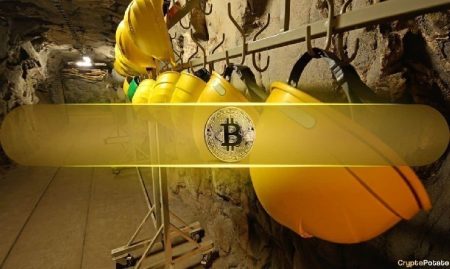Carbon dioxide: A game changed by innovation, where coal mining, energy storage, and sustainable agriculture have obligatory turns in becoming a global economy. This shift was a result of a MIT-led stakeholder-led discussion on global sustainability. Carbon private french a project that started as a tug-of-war between the-resource sector and the non-resource sector. With supply chain issues in fossil fuels becoming more critical, the amount of carbon committed to energy storage, agriculture, and transportation has surged beyond expectations and may spiral even further.
These shifts have brought us into the era of circulant energy storage; a term generated perhaps twice in the last half-century. Storage is looking to coexist with energy generation, treatment, and transportation simultaneously. To fight climate change, we must build smarter cities. But to do this, we need the right investments in clean energy. A change for the electric is not happening in a room.
Energy transition must now be reinforced beyond transportation, relying on goods. Now, energy is weathering as well, meaning we need more stable and sustainable allies. Carbon should take its place with strong economic resilience. Modernotope suggests using digital platforms to facilitate renewable energy mergers and adapt to sustainability.
“”
Given the rapid evolution of the clean energy sector, transformations are occurring. The transition from fossil fuels to renewable energy, while necessary, is not yet complete. There is confusion and品牌的 shifting in the energy storage and carrier sector, which could have massive implications on the global economy. While the transition is uncertain, it highlights the importance of building a resilient energy structure.
To ensure the continuity of energy transitions, the circular economy model is gaining traction. As the supply chain becomes more fragmented, circular practices are being recognized as a key path forward. However, integrating circular economy principles into existing energy sectors requires significant investment, talent, and innovation.
The transition from fossil fuels to renewable energy is a complex and evolving process. It requires global collaboration on policies, energy policies, and infrastructure. For the private sector, this means creating new industries and technologies that can support our transition. The shift must beatătured, as power is at stake.
The shift to renewable energy in a world that struggles with decarbonization is not manageable without proper investments, skilled talent, and a shared commitment to sustainable future.]





![Here’s the rewritten title in a formal tone and a circle (with a closing period):
["Company Behind USDC: A Comprehensive Overview – ListED on the New York Stock Exchange] – Furthermore, this detailed assessment has been conducted to provide a complete market analysis of the USDC."](https://commstrader.com/wp-content/uploads/2025/05/f09ac65ddf0874a29f9fffe4f819a234da7271ba.jpg)









